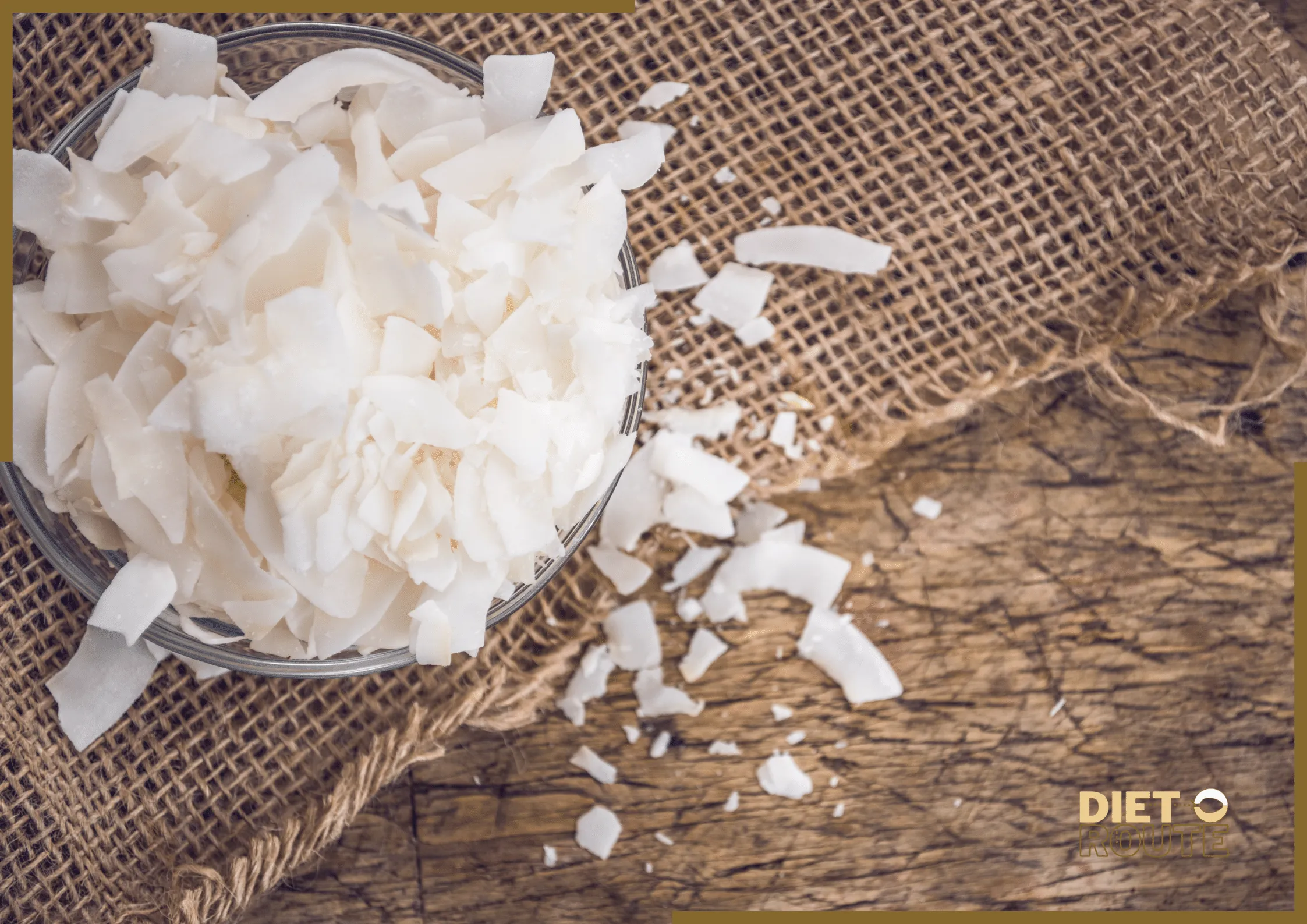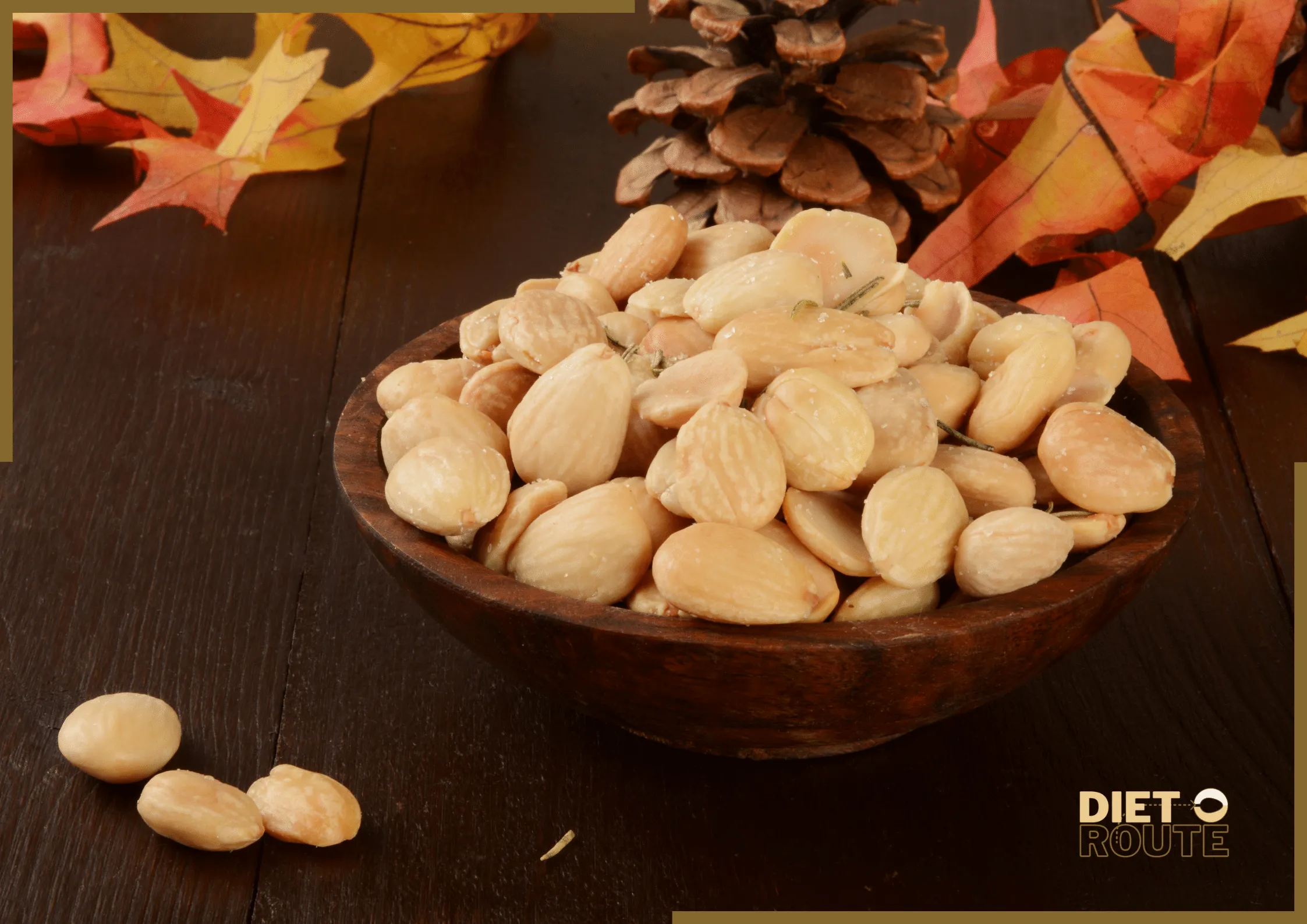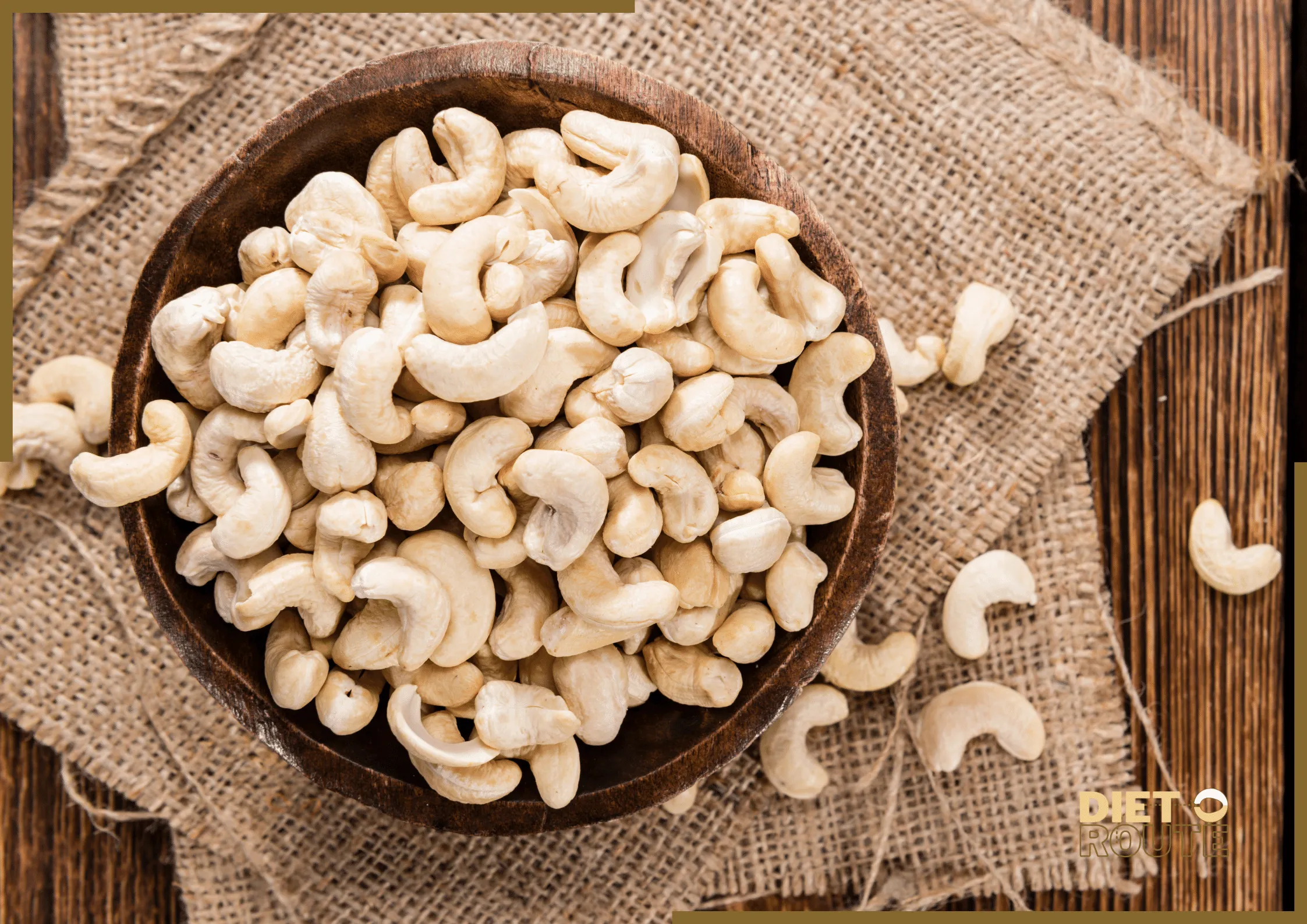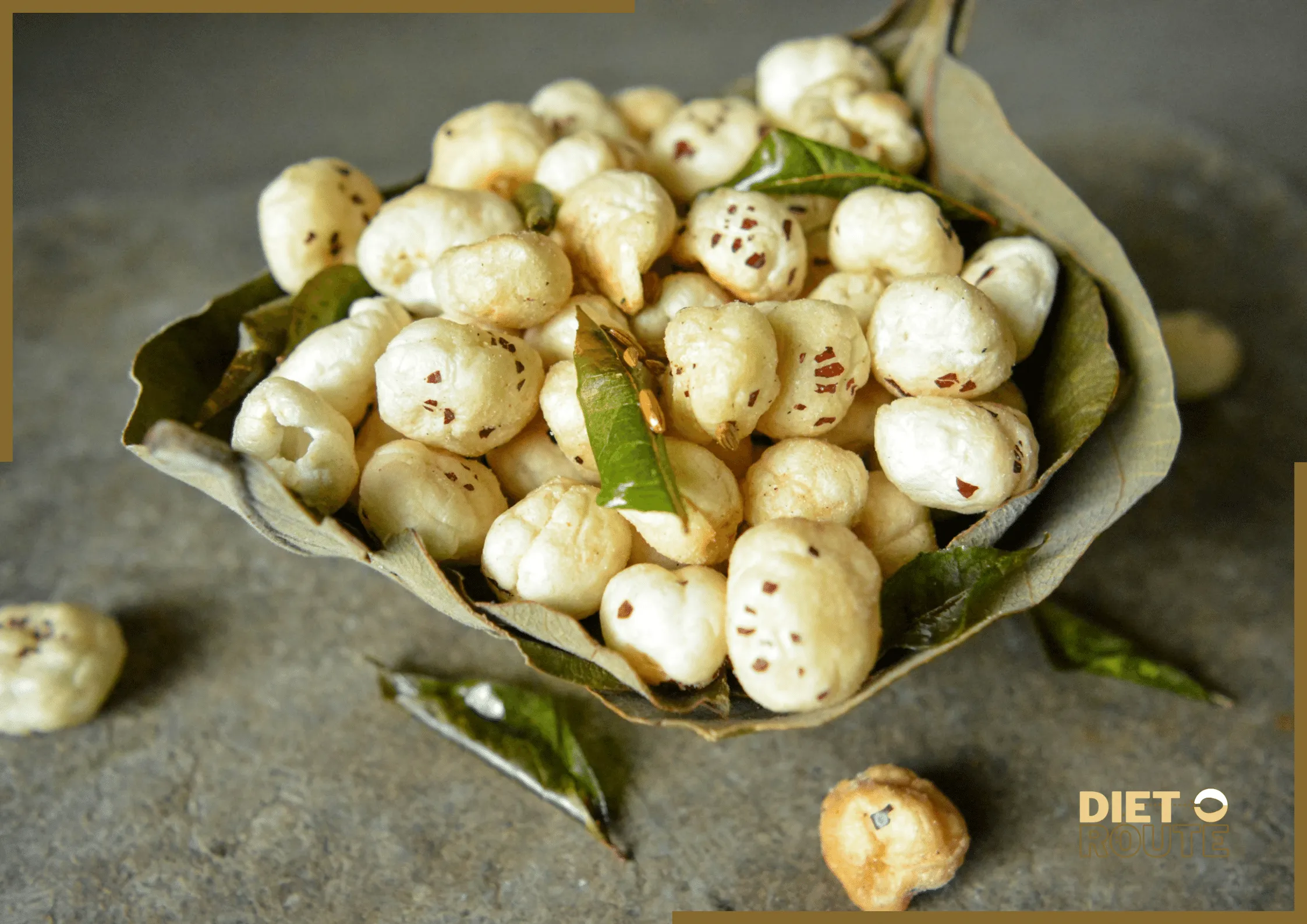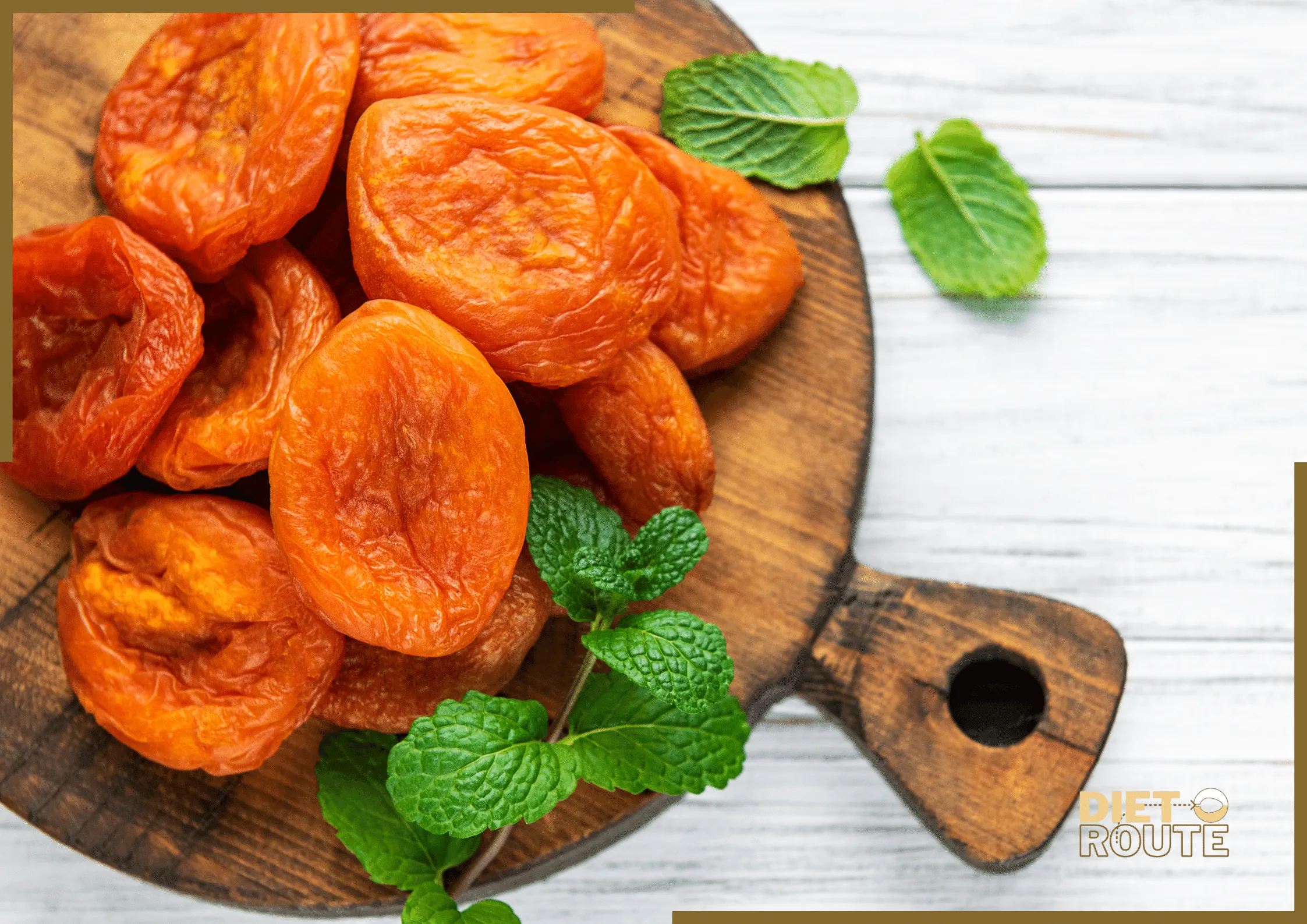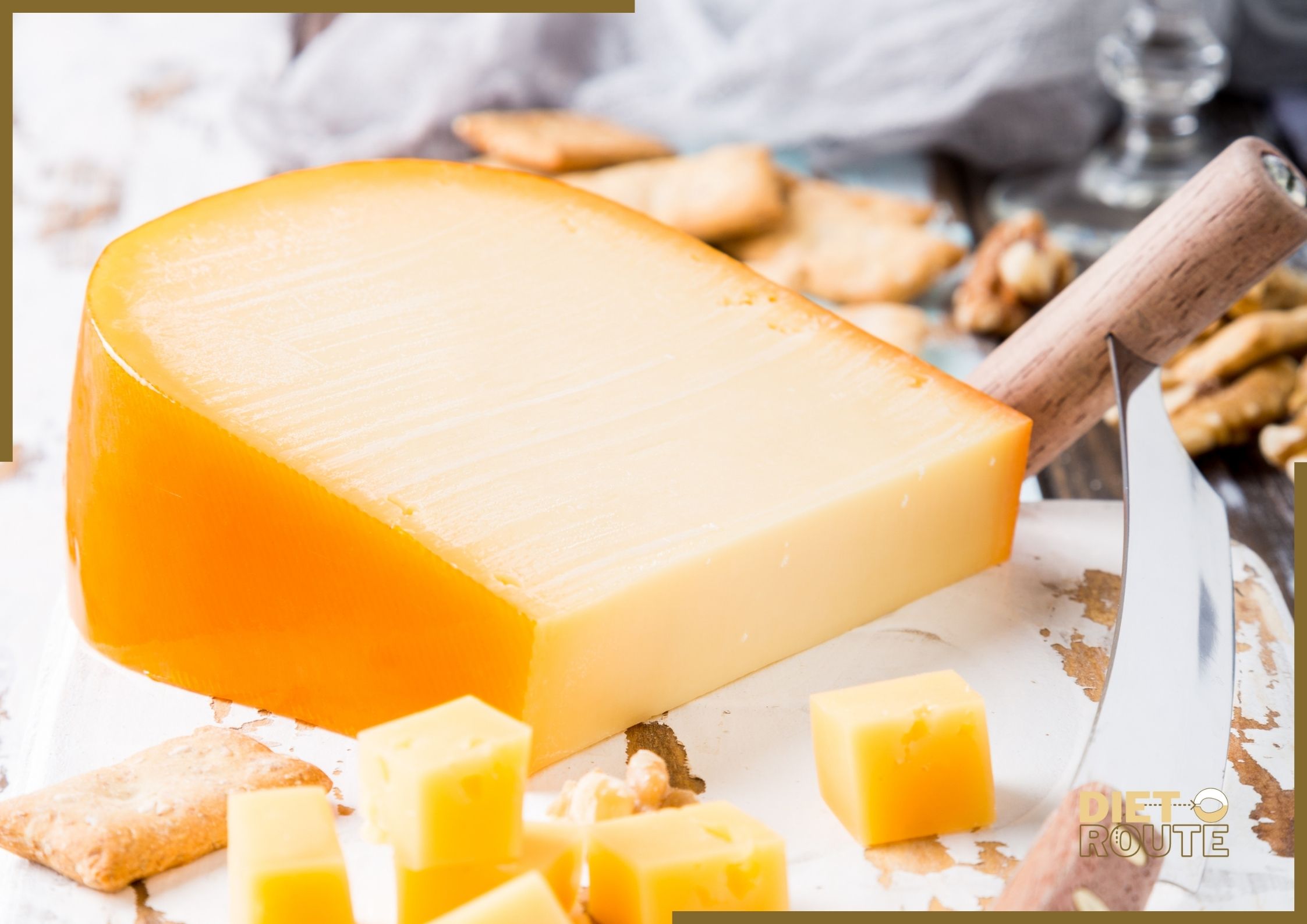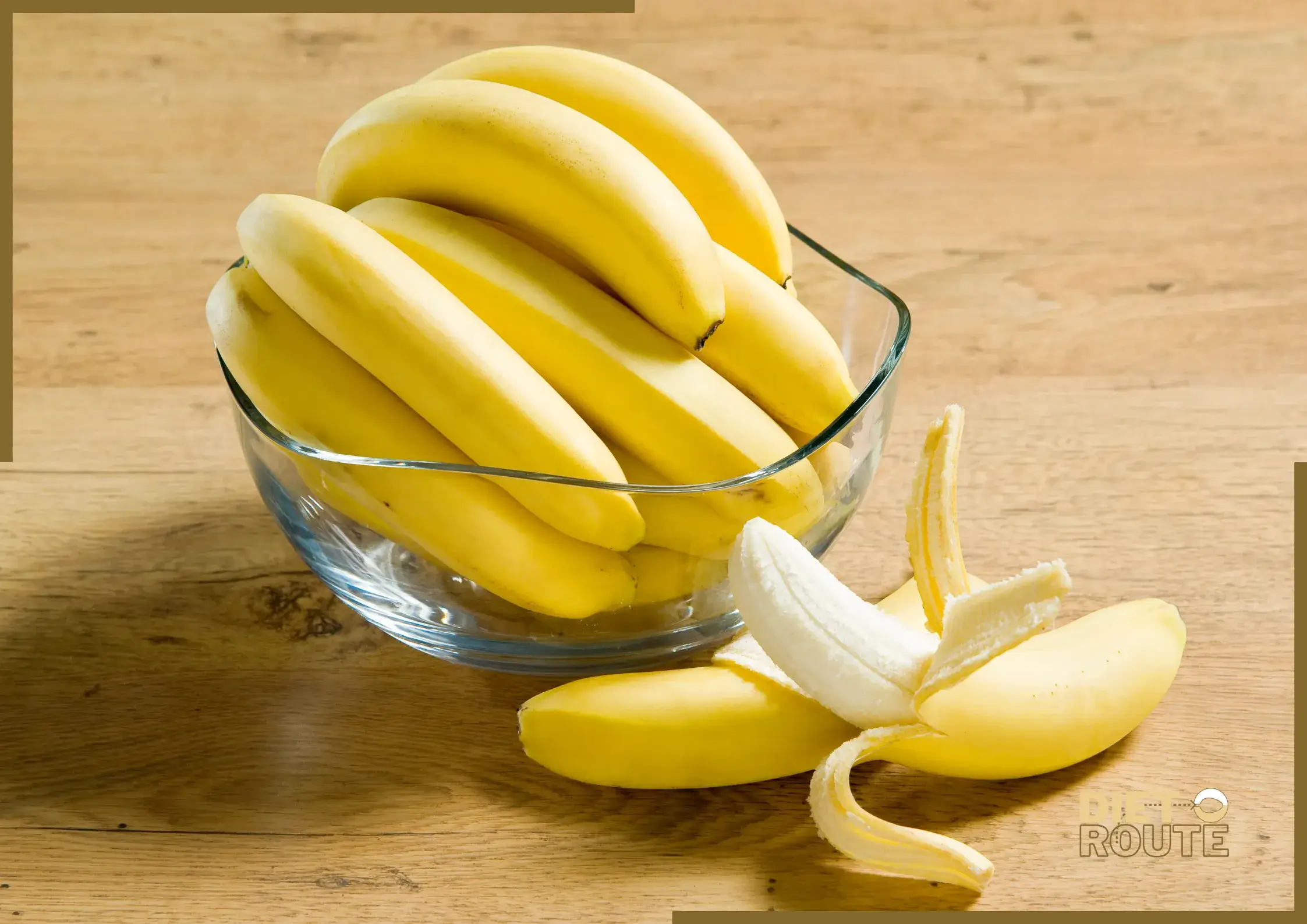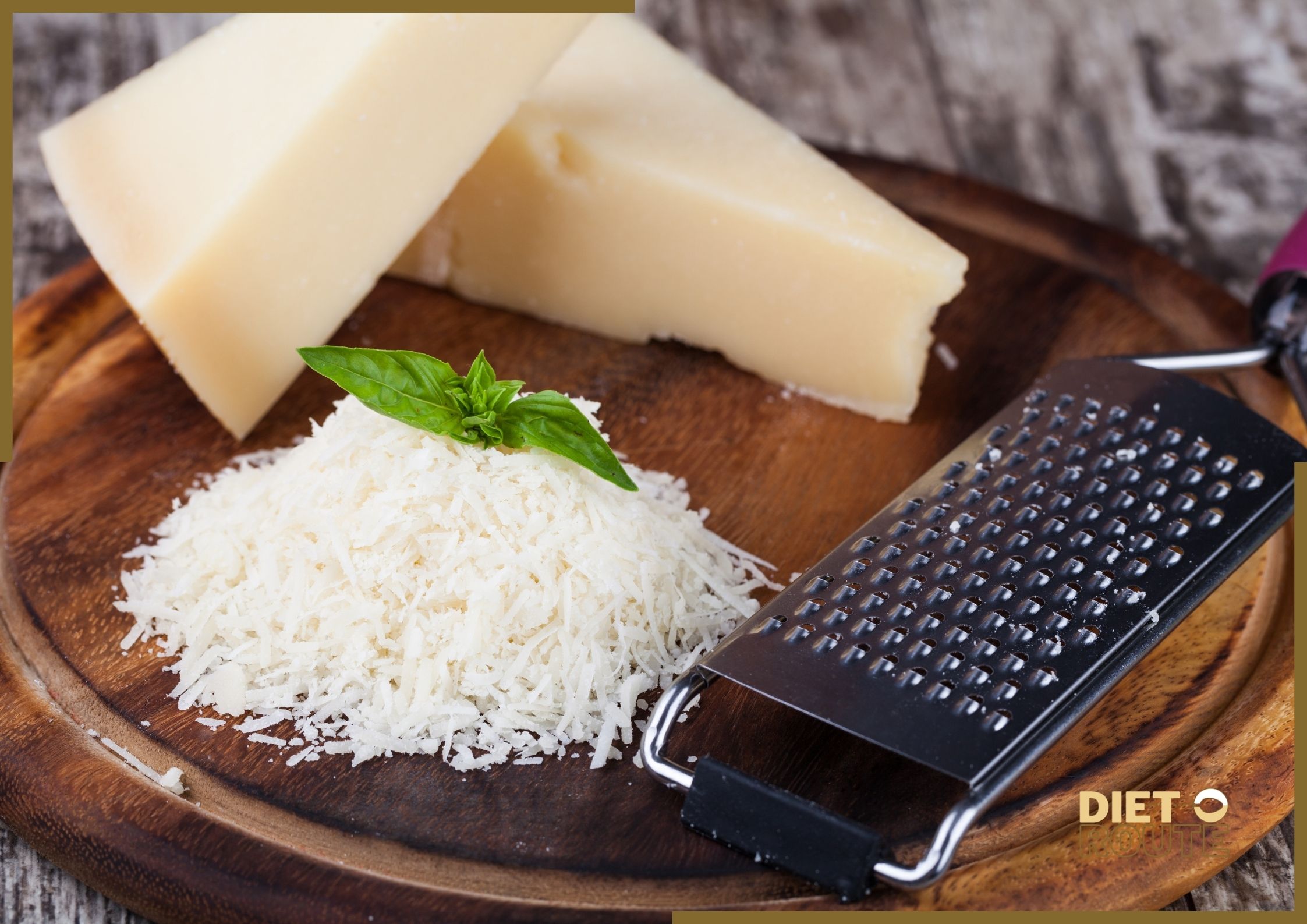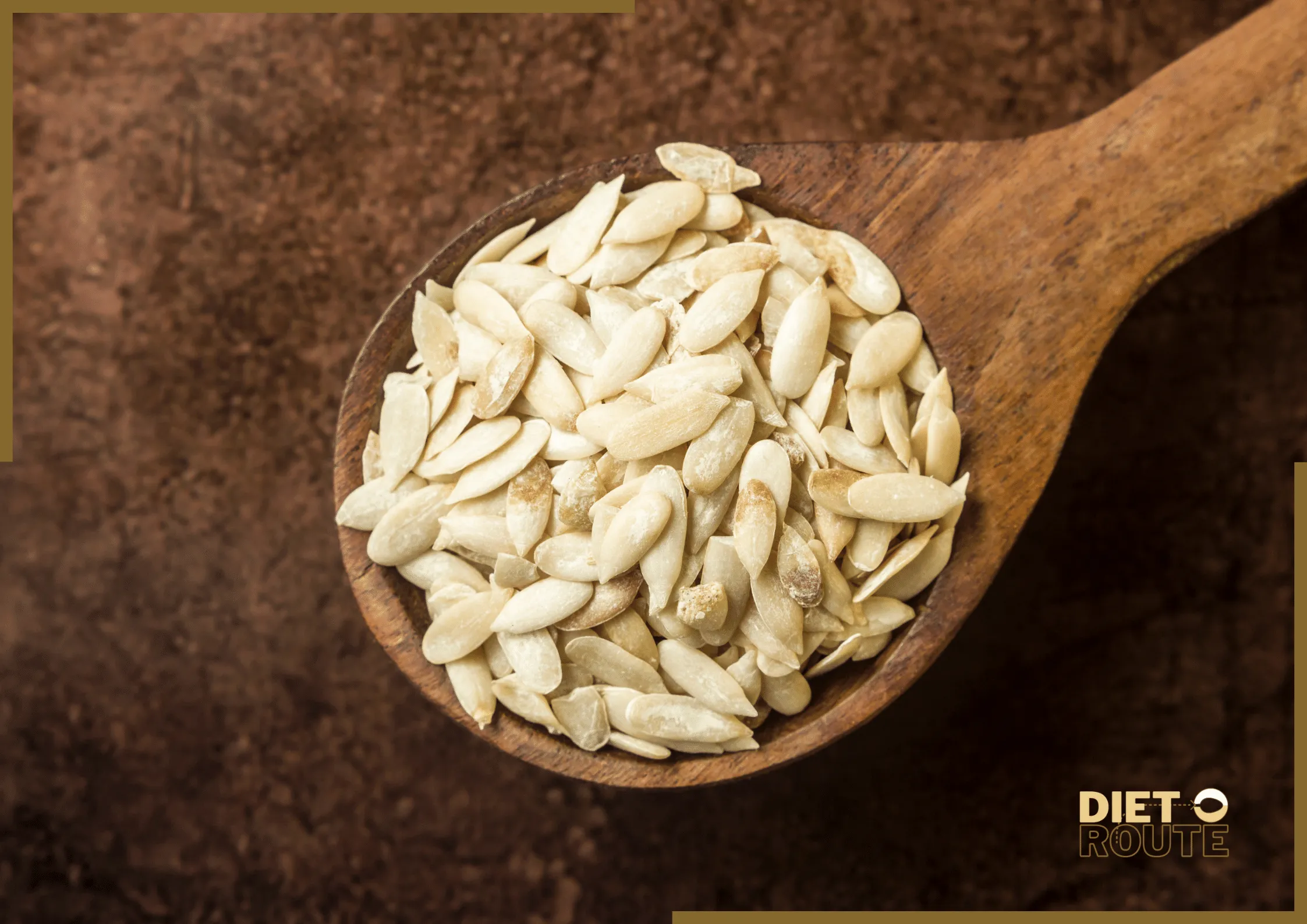Table of Contents
Introduction
Desiccated coconut, also referred to as dried coconut, is the grated and dried flesh of the coconut. This ingredient is highly versatile and commonly utilized in a variety of culinary applications, renowned for its unique texture and flavor. It has numerous nutritional benefits in addition to its culinary applications. Discover the unique features, versatile applications, and health benefits of dried coconut in this informative article.
Nutritional Value Approximately 100g
The values provided are approximate can vary depending on the size and ripeness.
| Nutrient | Amount | % Daily Value |
|---|---|---|
| Calories | 187 kcal | – |
| Total Fat | 18.3 g | 28% |
| Saturated Fat | 16.2 g | 81% |
| Sodium | 7 mg | 0% |
| Total Carbohydrate | 6.7 g | 2% |
| Dietary Fiber | 4.6 g | 18% |
| Sugars | 1.2 g | – |
| Protein | 2.2 g | 4% |
| Iron | 0.7 mg | 4% |
| Magnesium | 27 mg | 7% |
| Phosphorus | 51 mg | 5% |
| Zinc | 0.4 mg | 3% |
*Percent Daily Values (% DV) are based on a 2,000-calorie diet.
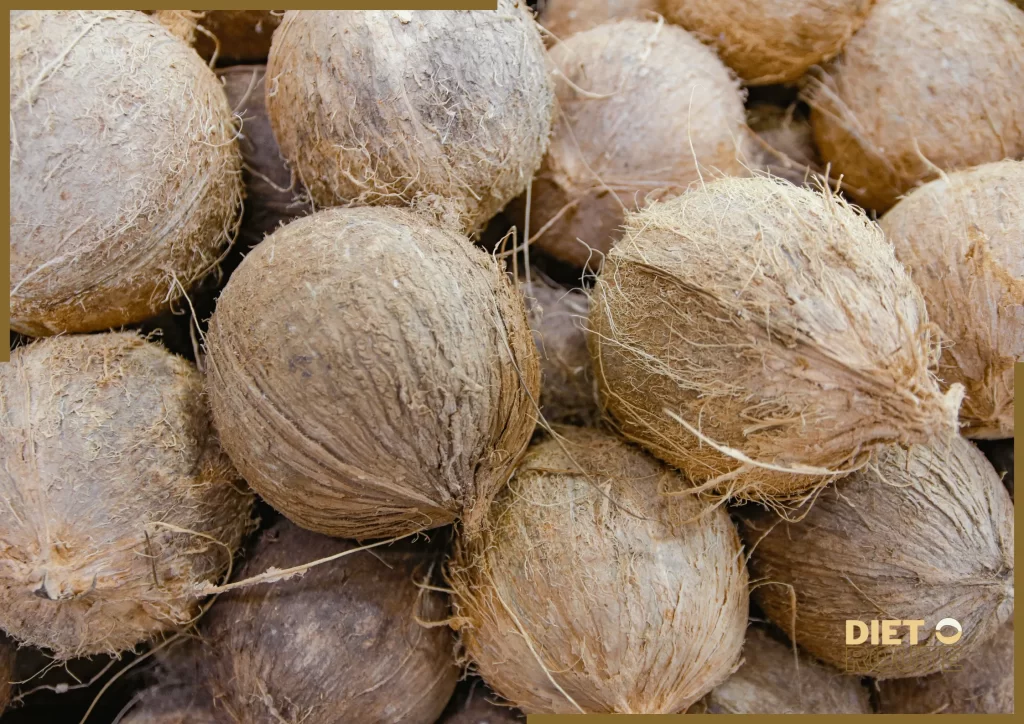
Pros
1. It is an excellent source of dietary fiber, which can help support healthy digestion.
2. It offers a source of sustained energy with its healthy fat content.
3. It is a great source of important minerals such as iron, magnesium, and zinc.
4. It enhances the taste and adds a touch of sweetness to your recipes.
5. It is multipurpose ingredient suitable for baking, cooking, or snacking.
Cons
1. Moderation is crucial to maintaining a balanced diet as this food item is rich in saturated fats.
2. Consuming an excess of calorie-dense may lead to weight gain.
3. Dried coconut products may include additional sugars or preservatives.
Frequently Asked Questions (FAQs)
1. Can dried coconut be considered a vitamin-rich food source?
While it may not be a major source of vitamins, it does contain modest amounts of vitamin B6 and vitamin C.
2. Is dried coconut suitable for a low-carb diet?
It is a moderate carbohydrate food and should be consumed in moderation while following a low-carb diet.
3. Is dried coconut gluten-free?
It is a great addition to a gluten-free diet as it is naturally free of gluten.
4. Is dried coconut a viable replacement for fresh coconut?
It is a viable alternative to fresh coconut in various recipes, although it possesses a distinct texture and taste.
5. Is dried coconut safe for people with nut allergies to consume?
Individuals who have nut allergies should be careful and seek advice from their healthcare provider.
6. Is dried coconut beneficial for weight loss?
It can be included in a balanced diet, but its high calorie and fat content may not be suitable for weight loss if consumed excessively.
7. Is it possible to store dried coconut for an extended period of time?
It is a great option for long-term storage as it can last for several months when kept in a cool, dry place in an airtight container.
8. Is dried coconut appropriate for a vegan or vegetarian eating plan?
It is a great addition to vegan and vegetarian diets since it comes from a plant-based source.
9. Is it possible to use dried coconut for baking purposes?
Yes, it is a great ingredient to enhance the flavor and texture of baked goods such as cookies, cakes, and granola.
10. Is it possible to use dried coconut in savory recipes?
It is a versatile ingredient that can enhance the flavor of your savory dishes such as curries. It can also be used as a delicious topping for salads to give them a tropical touch.
In a Nut Shell
Dried coconut is a highly versatile and nutritious ingredient that can enhance the flavor and texture of a wide range of dishes. Incorporating it into your pantry can be a valuable addition due to its nutritional benefits, potential health benefits, and versatile culinary applications. Discover the versatile uses and add a tropical twist to your dishes. Explore the delicious possibilities of incorporating this ingredient into your favorite recipes.
